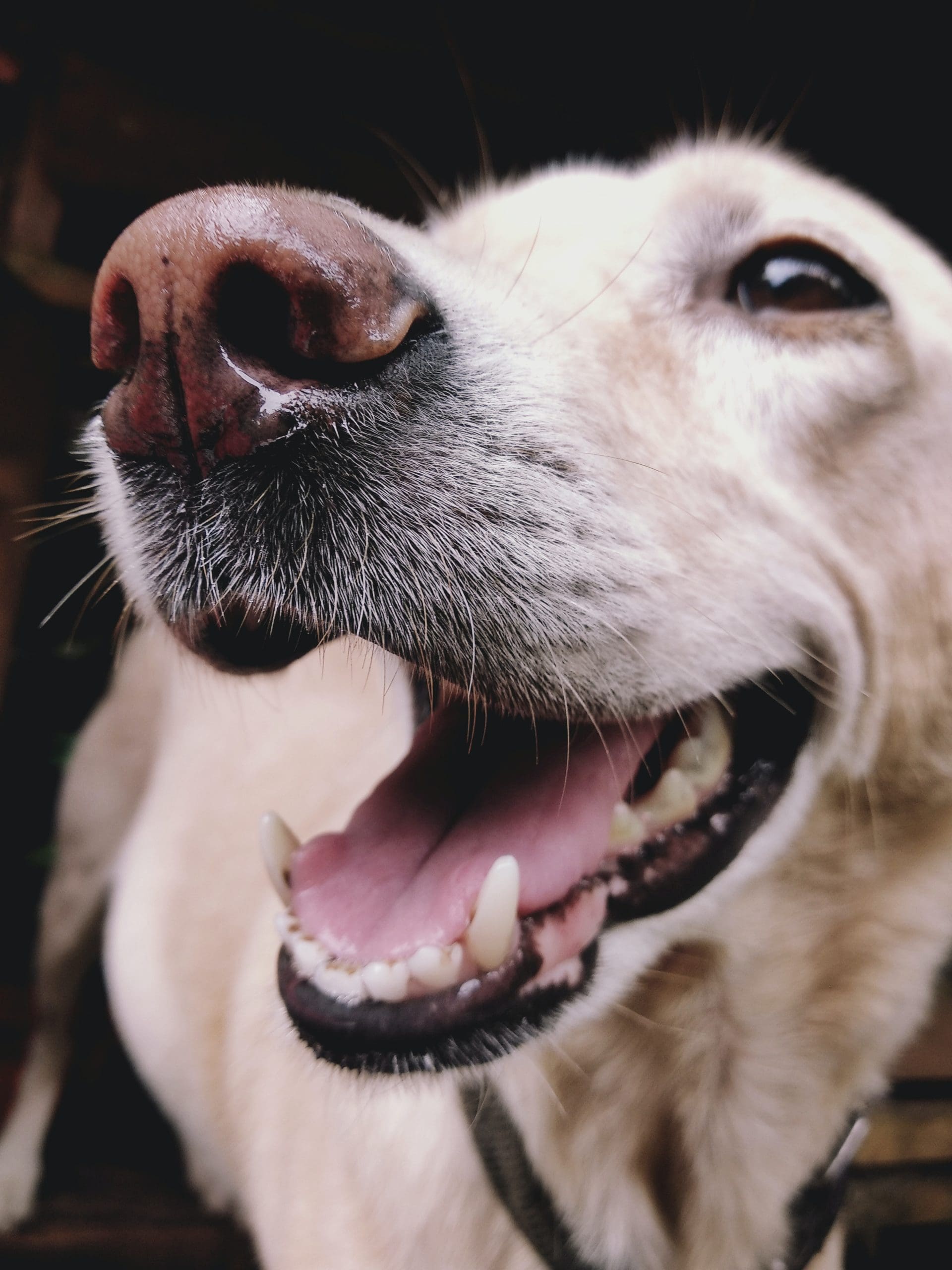Dry skin is a prevalent issue for dog owners, leading to discomfort and potential health problems if neglected. Addressing dry skin effectively requires acknowledging its causes and implementing appropriate treatments.
Causes of Dry Skin
Numerous factors can contribute to dry skin in dogs. Environmental elements, including cold weather and low humidity, often deplete moisture from their skin. Dogs that spend extended periods indoors during winter are particularly vulnerable, as heated air can exacerbate dryness. Allergies—whether to food, environmental allergens, or grooming products—can also result in skin issues. Additionally, certain breeds, especially those with short hair or minimal body fat, may be more prone to dryness. Medical conditions such as hypothyroidism or skin infections can further complicate the situation.
Treatment Options
Improving your dog’s diet is a critical step in treating dry skin. High-quality dog food rich in essential fatty acids, especially omega-3 and omega-6, promotes skin health and helps retain moisture. If dietary issues are suspected, consulting with a veterinarian about potential supplements or food changes is advisable.
Hydration plays a vital role in maintaining skin health. Always provide your dog with access to fresh, clean water to prevent dehydration, which can lead to dry skin. Monitor your dog’s water consumption, particularly in warmer months, and consult your veterinarian if you notice a decrease in intake.
Regular grooming is essential for managing dry skin. Brushing removes dead hair and dirt while distributing natural oils across the skin, keeping it moisturized. Use brushes suited to your dog’s coat type; for example, a slicker brush works well for long-haired breeds, while short-haired breeds may benefit from a bristle brush or rubber grooming mitt.
Bathing requires careful consideration. Excessive bathing can strip essential oils and worsen dryness. Limit baths to no more than once a month, unless your dog becomes particularly dirty. When bathing, opt for a mild, moisturizing shampoo formulated for dogs, avoiding human shampoos that can disrupt the skin’s pH balance. Rinse thoroughly to eliminate soap residue, which may cause irritation.
Incorporating conditioners designed for dogs can add moisture and improve coat softness. Look for products containing natural ingredients like aloe vera or oatmeal, known for their soothing properties. Leave-in conditioners or sprays can also provide ongoing moisture between baths.
For dogs with severe dry skin, topical treatments may be beneficial. Natural oils such as coconut or olive oil can be applied directly to dry areas, offering both moisture and protective properties. Apply these oils sparingly and monitor your dog for any adverse reactions. Always consult your veterinarian before introducing new products, especially for dogs with sensitive skin.
If your dog is scratching or biting at their skin, addressing this behavior is important. Excessive scratching can lead to further irritation and infections. Consider using an Elizabethan collar or protective gear to prevent aggravation while healing. Keeping your dog’s nails trimmed can also minimize damage from scratching.
When to Seek Veterinary Care
In some instances, dry skin may indicate an underlying medical condition. If home treatments fail to yield improvement or if you notice additional symptoms such as redness, swelling, or hair loss, seek veterinary attention. A thorough examination may lead to tests that identify allergies, infections, or hormonal imbalances. Your veterinarian might prescribe medications like antihistamines or corticosteroids to alleviate symptoms.
Environmental Considerations
Environmental modifications can also aid in treating dry skin. If your dog spends time outdoors, provide a sheltered area to escape harsh weather. Additionally, using a humidifier during dry winter months can help combat the effects of indoor heating.
Routine check-ups with your veterinarian are crucial for monitoring skin health. These visits facilitate early detection of issues and provide an opportunity for tailored advice on maintaining healthy skin.
Preventive Measures
Preventing dry skin involves regular grooming, a balanced diet, and proper hydration as part of your dog’s routine. Remain vigilant for any changes in your dog’s skin or behavior, as early intervention can prevent more severe issues.
Proactive care for your dog’s skin health leads to a happier, healthier life. Dry skin, while seemingly minor, can greatly impact your dog’s well-being. By taking decisive steps toward treatment and prevention, you can enhance your dog’s comfort and overall quality of life.



